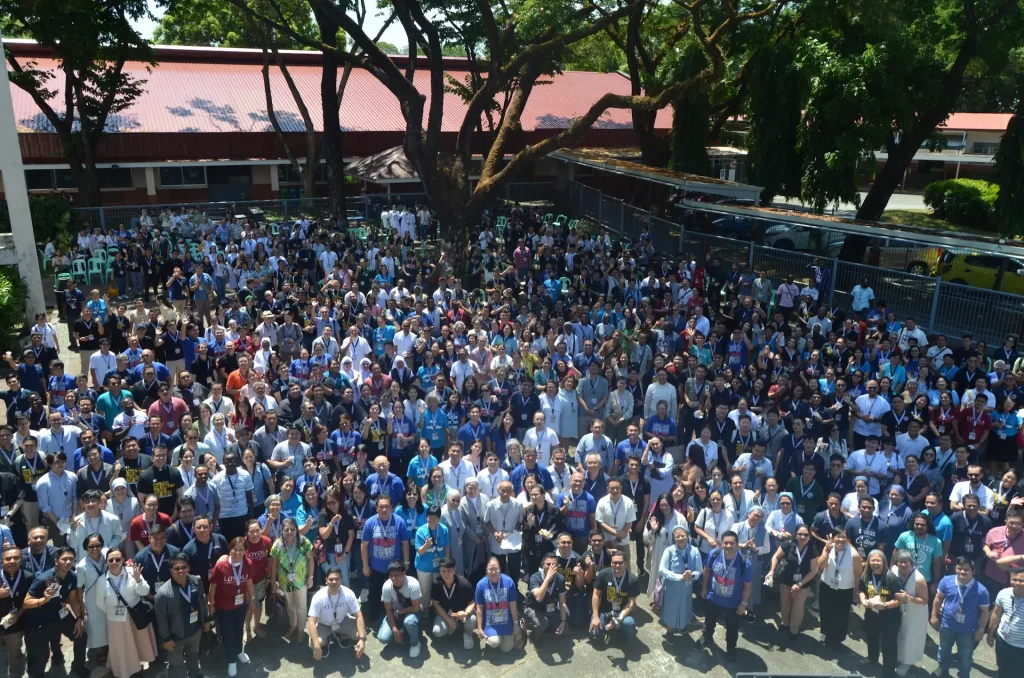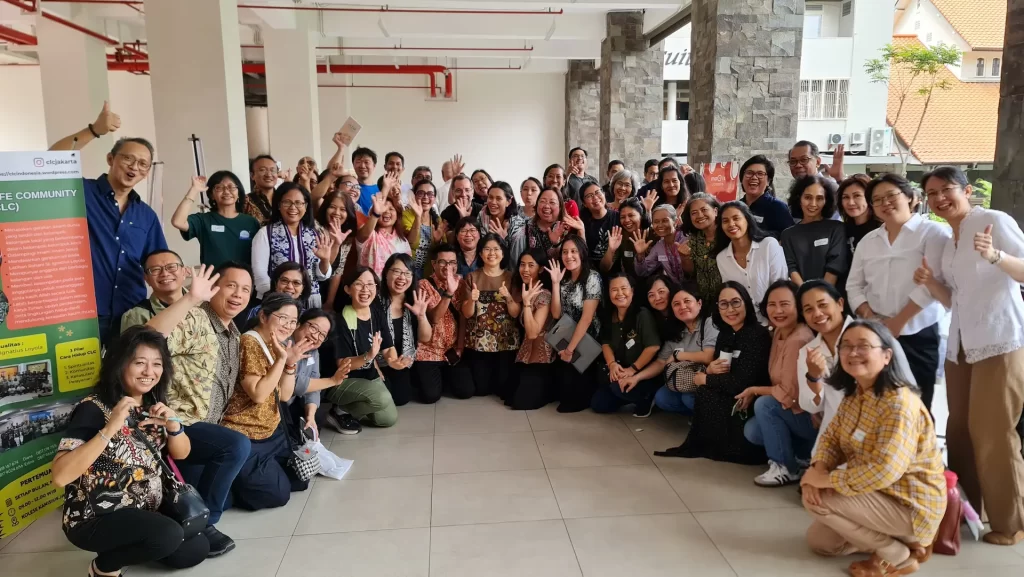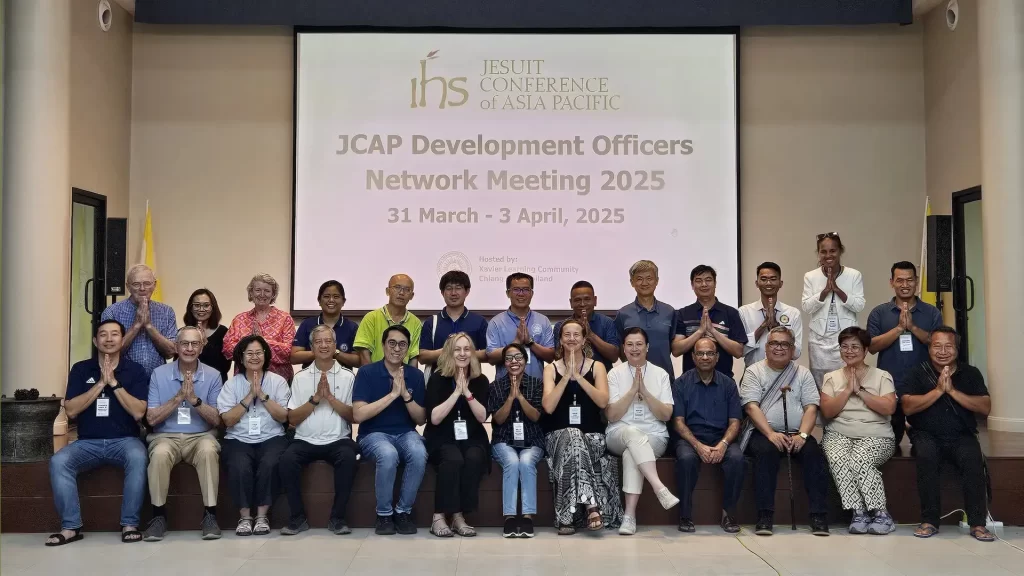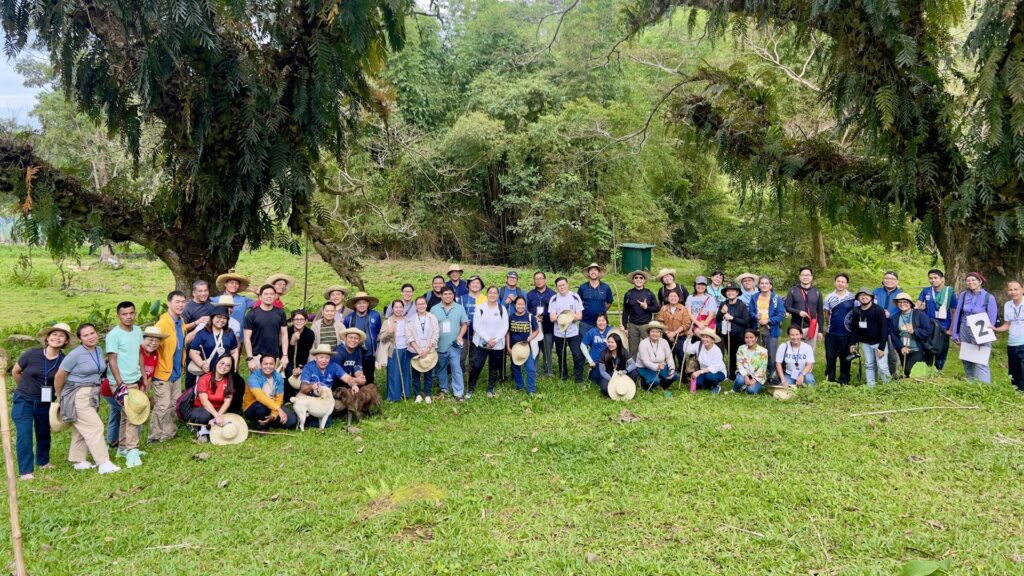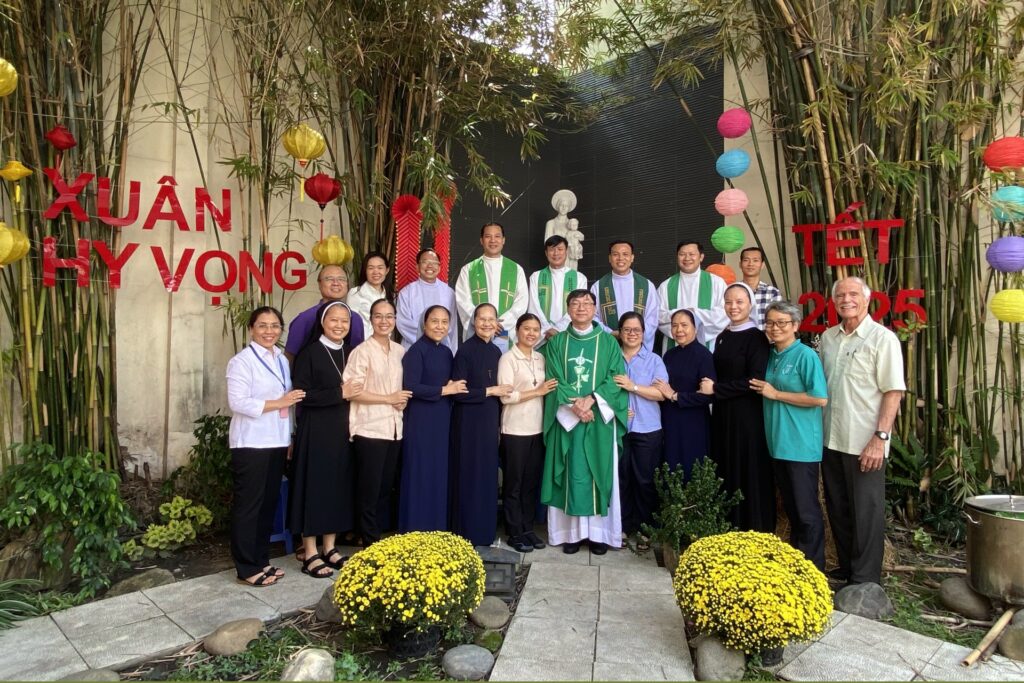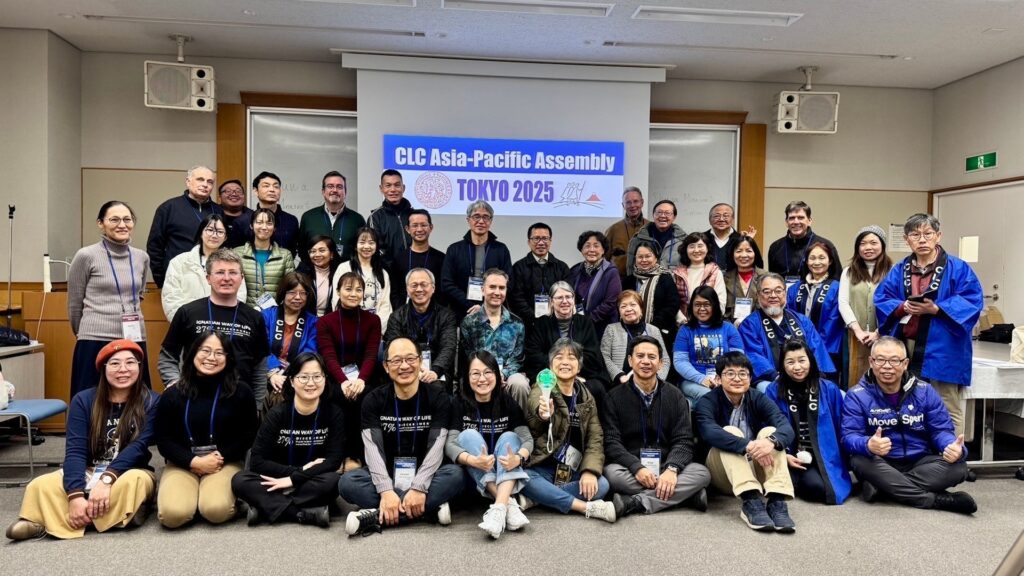Fr Gerry O’Collins (ASL) writes: The story of my 54th book, Seek God Everywhere (New York: Doubleday) seems worth telling. In late 1975 at his Sadhana Institute (near Pune), Fr Tony de Mello SJ ran a course on the Spiritual Exercises of St Ignatius for seven Jesuit priests and seven religious sisters. Two or three times a week he gave hour-long talks that were taped. Several members of the group then typed out the talks and gave the others a carbon copy. Thirty years later one of the group made his copy available to me and two American Jesuits.
The pages were difficult to read: the typists had frequently used old ribbons, adopted single spacing throughout and cut the margins down to a minimum. In any case a tropical climate had played havoc with the paper. It was not possible to scan the text and transfer it directly to a computer. A grant from a Jesuit foundation enabled us to have pages retyped 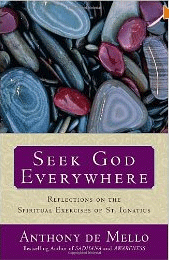
Since de Mello delivered the talks that form the book, Seek God Everywhere, and, in particular, since his untimely death in 1987, a number of fine translations of and works on the Spiritual Exercises have been published in the United States, England and elsewhere. To place in a later setting what de Mello said in this talks, we introduced some endnotes from later authors.
My fellow editors have deposited in the archive of the California Province of the Society (1) the original text entrusted to us, (2) a complete typescript we had made from this text, and (3) our edited version in its first, longer state.
For his 1975 talks, Tony de Mello drew on a wide range of written sources, as well as on his own personal experience as a master of the spiritual life. His stories and vivid illustrations bring the Exercises alive as a crash course in centring one’s heart on God. Seek God Everywhere reveals and presents something that has so far been missing in de Mello’s published works: the wellspring of his own spiritual life in the Spiritual Exercises of St Ignatius.
Doubleday, who have sold millions of copies of de Mello’s other works, have already negotiated translation rights for this latest book with Indonesian, Korean, Polish, and Spanish publishers.”
Source: Fortnightly Report, Newsletter of the Australian Jesuit Province, 15 February 20,

